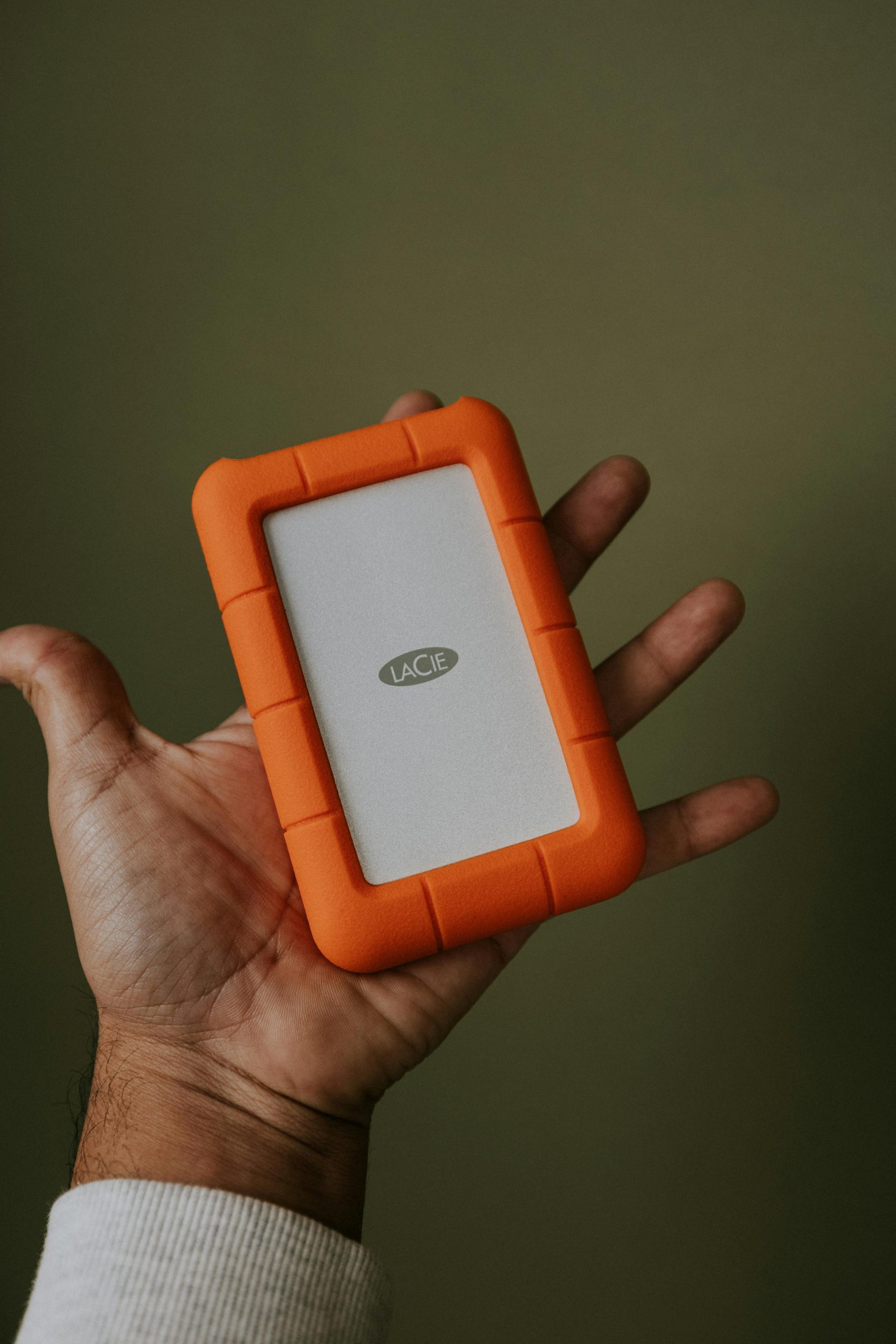Recovering Data from a MacBook Pro Hard Drive Using Linux: A Guide
Introduction
Data loss can be a distressing experience, especially when it involves critical files stored on a damaged or corrupted drive. Users with macOS devices, such as a MacBook Pro, may encounter unique challenges when attempting to recover data from drives formatted with Apple File System (APFS). This article explores a practical approach to retrieving data from an APFS-formatted drive using Linux, emphasizing free and open-source tools suitable for users with limited Linux experience.
Understanding the Challenge
Suppose your MacBook Pro’s hard drive experiences partition table corruption or sector-level damage that causes system instability. You might notice that the drive remains partially accessible, with some third-party software being able to mount or scan it, but encountering significant issues—such as system crashes or freezes—when accessing specific sectors. This behavior suggests severe corruption in certain areas of the disk, which can hinder conventional data recovery methods.
Why Use Linux for Data Recovery?
Linux offers several advantages when it comes to data recovery:
– Access to a variety of open-source tools specifically designed for forensic and recovery tasks.
– Better handling of damaged or corrupted file systems, including APFS.
– A flexible environment to analyze disk sectors and file structures without risking further damage.
Recommended Tools and Strategies
- Using Linux Live Environments
- A lightweight Linux distribution like Linux Mint (your current setup) is suitable for recovery tasks.
-
Boot your system using a live USB to avoid writing original data to the damaged drive.
-
Detecting and Accessing the Drive
- Use commands like
lsblkorfdisk -lto identify the problematic drive. -
Be cautious not to write to the drive to prevent data overwriting.
-
Open-Source Data Recovery Tools for APFS
- libb2 and apfs-fuse: Experimental projects aiming to read APFS volumes.
- TestDisk: A powerful tool for partition recovery and disk analysis, with support for various file systems.
- PhotoRec: Focuses on file recovery based on file signatures, useful if the filesystem is severely damaged.
- apfs-fuse (if compatible): Allows mounting APFS volumes in read-only mode; note that support may be limited or experimental.
- QEMU and macOS VM: Advanced users might run a macOS virtual machine for compatibility,
Share this content:



